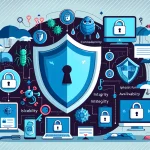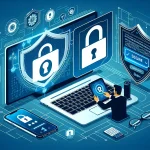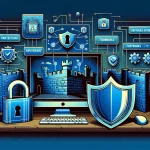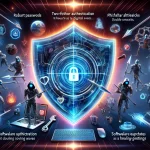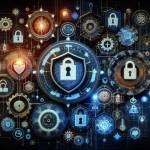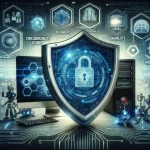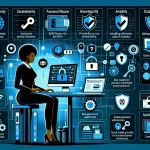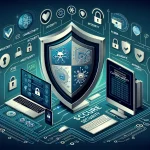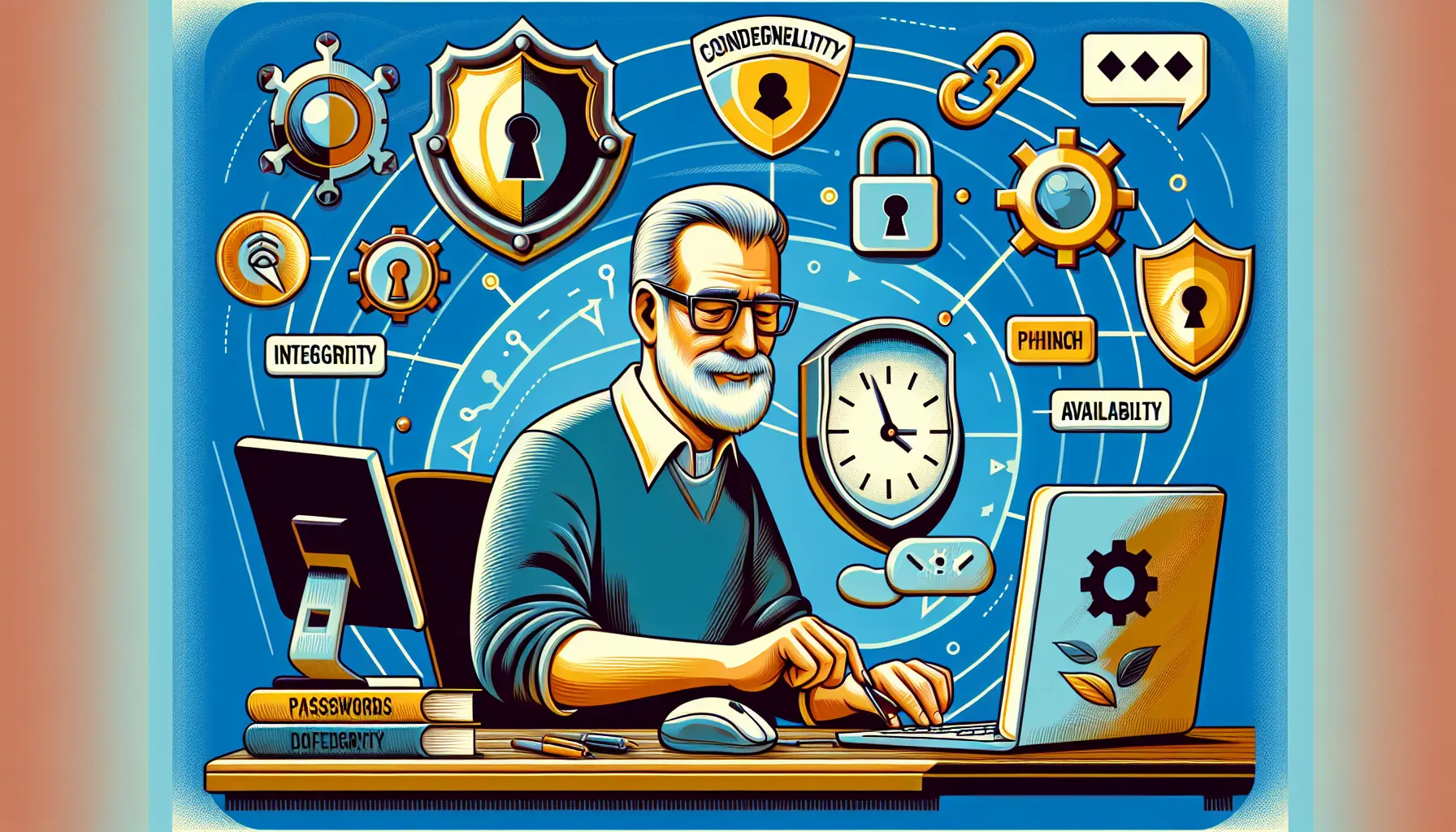
Estimated reading time: 8 minutes
Key Takeaways
- Understanding Cybersecurity: It's crucial to know the basics to protect your digital life.
- Core Principles: Familiarize yourself with the CIA triad: Confidentiality, Integrity, and Availability.
- Common Threats: Recognize malware and phishing attempts to avoid falling victim.
- Security Practices: Implement strong passwords and keep your devices secure.
- Continuous Learning: Stay informed about new threats and best practices.
Table of Contents
- What is Cybersecurity and Why Should You Care?
- Core Cybersecurity Concepts You Need to Know
- Common Cyber Threats and How to Spot Them
- Essential Security Practices Anyone Can Implement
- Safe Online Behavior Guidelines
- Essential Security Tools for Beginners
- Learning Resources to Build Your Knowledge
- Common Security Mistakes to Avoid
- Taking Action: Your Next Steps
- Frequently Asked Questions
What is Cybersecurity and Why Should You Care?
Cybersecurity represents the tools, practices, and knowledge needed to protect your digital life from threats. Think of it as a shield that guards your personal information, devices, and online activities from criminals who want to steal, damage, or exploit them.
Every day, cybercriminals develop new ways to target unsuspecting internet users. They might try to:
- Steal your passwords and personal data
- Access your bank accounts
- Hold your files for ransom
- Use your computer to attack others
Core Cybersecurity Concepts You Need to Know
Before diving into protection strategies, let's understand the fundamental principles that form the foundation of cybersecurity – known as the CIA triad:
The CIA Triad Explained
- Confidentiality: Keeping your sensitive information private and accessible only to authorized people
- Integrity: Ensuring your data remains accurate and unaltered by unauthorized parties
- Availability: Making sure you can access your systems and data whenever needed
Common Cyber Threats and How to Spot Them
Understanding common threats helps you recognize and avoid them:
Malware
Malicious software comes in many forms:
- Viruses that damage your files
- Spyware that monitors your activities
- Ransomware that locks your files until you pay
Phishing
These are deceptive attempts to trick you into revealing sensitive information:
- Fake emails claiming to be from your bank
- Messages asking you to verify account details
- Links to counterfeit websites
Essential Security Practices Anyone Can Implement
Here are practical steps to strengthen your cybersecurity:
Password Protection
- Create strong, unique passwords for each account Source
- Use a password manager to keep track of them
- Enable two-factor authentication wherever possible
Device Security
- Keep your software and operating systems updated Source
- Install reputable antivirus software Source
- Back up your important files regularly
Safe Online Behavior Guidelines
Your online habits play a crucial role in staying secure:
- Verify website security (look for HTTPS and the padlock icon)
- Be cautious with email attachments and links
- Think twice before sharing personal information online Source
Essential Security Tools for Beginners
Start with these fundamental security tools:
Must-Have Security Software
- Antivirus program (like Bitdefender or Malwarebytes)
- VPN service for secure internet connections
- Password manager (such as LastPass or Bitwarden)
Learning Resources to Build Your Knowledge
Continue your cybersecurity education through:
- Online courses on platforms like Coursera and edX
- YouTube channels dedicated to cybersecurity
- Community forums like Reddit's r/cybersecurity
Common Security Mistakes to Avoid
Don't fall into these typical security traps:
- Using the same password across multiple accounts
- Ignoring software updates
- Connecting to unsecured public Wi-Fi
- Clicking links without verifying their source
Taking Action: Your Next Steps
Start protecting yourself today:
- Audit your current passwords and strengthen weak ones
- Set up two-factor authentication on your important accounts
- Install and update security software
- Create a backup system for your important files
- Learn to recognize phishing attempts
Remember, cybersecurity isn't about becoming an expert overnight – it's about building good habits and staying informed about new threats. Start with these basics, and gradually expand your knowledge and protection as you go.
Frequently Asked Questions
What is cybersecurity?
Cybersecurity refers to the practices and technologies designed to protect computers, networks, and data from unauthorized access, attacks, or damage.
Why is it important to have strong passwords?
Strong passwords are essential because they help protect your accounts from unauthorized access and cyber attacks.
What are some signs of phishing attempts?
Signs of phishing attempts include unexpected emails asking for personal information, poor grammar, and suspicious links.
How can I protect my devices?
You can protect your devices by keeping software updated, using antivirus programs, and avoiding unsecured networks.
What should I do if I suspect a cyber attack?
If you suspect a cyber attack, disconnect from the internet, run a security scan, and change your passwords immediately.

